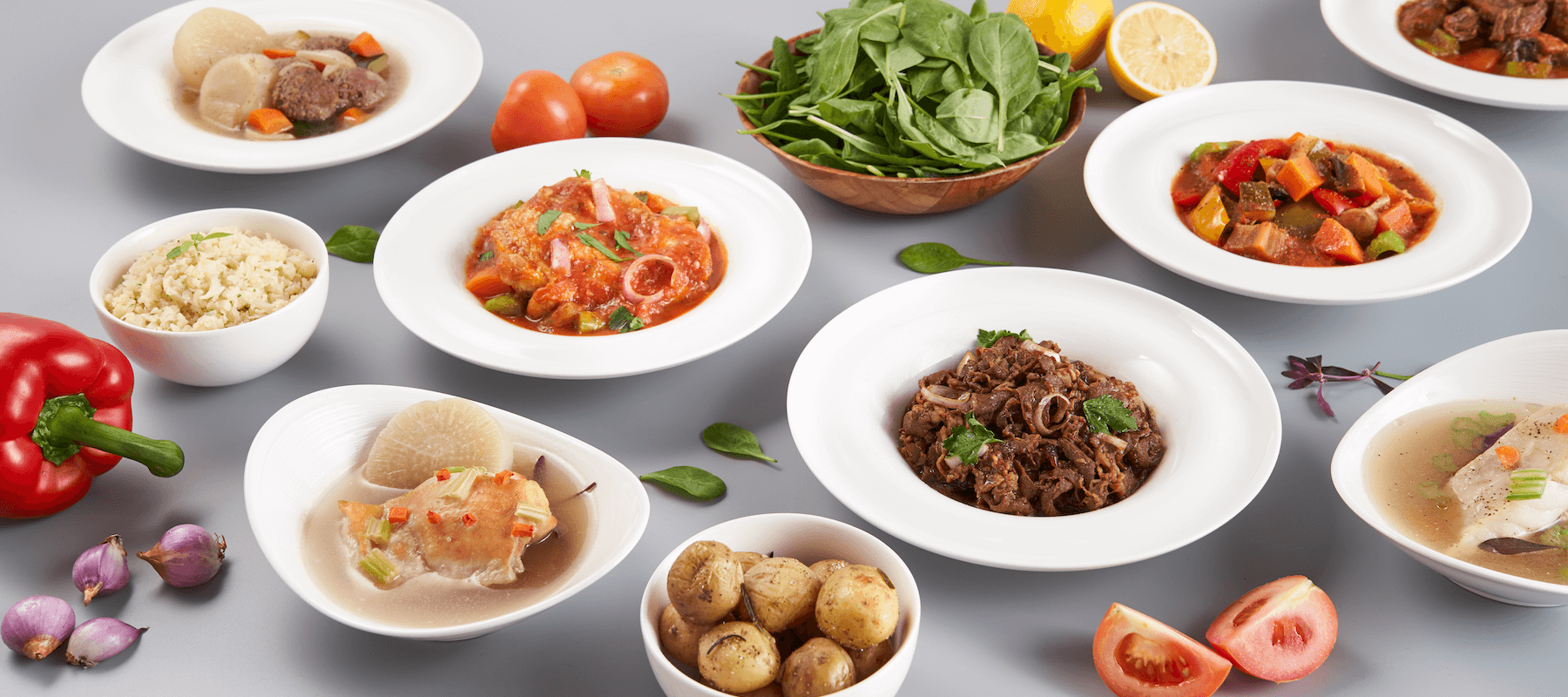Introduction
More than 2500 years ago, Ancient Greek physician Hippocrates said “All disease begins in the gut”
Scientists have backed his claim, year after year reminding us ever too often about the importance of gut flora which is collectively known as ‘The Human Microbiome’. Well, did you know that there are 200 different species of bacteria, viruses, and fungi in the digestive tract? These microorganisms that are present in your intestine are known as the gut microbiome. While some microorganisms are harmful, some are essential and even beneficial for good health. Scientific evidence has shown the link between conditions like diabetes, auto-immune disease, Rheumatoid arthritis and autoimmune thyroid diseases and the gut flora.
Esseplore, a homegrown food tech company has made a powerful collaboration with Southeast Asia’s leading precision gut microbiome company AMILI to galvanize and boost health in the most luscious way. This foresight and innovation lends itself to the current economy that is partial to cutting-edge technological solutions that are both convenient and sophisticated. That is how Singapore now boasts of unique dine-at-home experiences with Umami chefs, a state-of-the-art gourmet offering that takes care of every aspect of meal planning.
Before we cajole you into ordering or building a partnership with us, you must know that one of our core USP offerings is the nutritive value of each dish. At the centre of this important conversation, is your gut health. If you are someone who is plagued with gut issues and somehow end up with wrong food choices, this list is for you.
Umami chefs have listed top foods that’s a must-include in every diet, especially those with gut trouble. Most of these foods fall under the Probiotic foods and Prebiotic foods category
Care for your gut health. Go through our gut-friendly gourmet plan.
What are prebiotic foods?
Prebiotics induce growth of beneficial microorganisms such as bacteria or fungi.
Top ten foods containing Prebiotics
Dry Chicory Root, Dry Artichoke, Dry Dandelion greens, Dry garlic, Dry leek, Dry onion, Raw asparagus, Raw wheat brain, Whole wheat flour, Raw banana
Probiotic foods
In the 21st century, probiotics have come into the spotlight again. History proves that it can be traced to the use of cheese and fermented products that formed a significant part of the Greek and Roman diets.
Probiotic food provides health benefits like restoring gut flora. They are considered generally safe to consume. A great source of probiotic foods are fermented foods. The WHO says ‘probiotics are live microorganisms which when administered in adequate amounts confer a health benefit on the host.’
Fermented dairy products, other fermented foods and probiotic-fortified food are part of live probiotic cultures. Lactic acid bacteria help to ferment food, enhance their nutritive values and prevent food spoilage. Fermented foods that contain lactic acid bacteria are:
- pickled vegetables, kimchi, kefir, sauerkraut, meat flavoured sauces and pastes,
- soy products such as tempeh, miso and soy sauce.
- Dairy products such as yoghurt, kefir, buttermilk
- Non-dairy products such as bee pollen
Plan your next team lunch here
Bananas
A great source of inulin, which is basically a type of fibre that provides the right environment for good bacteria to grow.
Leafy green veggies
The priority on the list because of its high content of fibre and it has a special carb both of which help gut bacteria.
High- Fibre Foods like beans, oats, and fruits
They provide fibres to your body and create acids that are good for the cells in the intestine. Good sources of fibre include:
- Beans, dried peas and lentils
- Bran (oat and wheat)
- Dried fruits, such as prunes and raisins
- Foods made with whole grains
- Whole grains such as barley, quinoa, bulgur and brown rice
- Nuts
- Seeds
- Vegetables like artichokes, broccoli, green beans, winter squash, white potatoes and sweet potatoes with skin.
Polyphenols
Colourful foods like red wine, tea and coffee are rich in polyphenols. Green tea is especially helpful with bacteria like E.coli. It also helps to calm symptoms of bowel diseases, peptic ulcers and inflammatory bacteria. Polyphenols also encourage the growth of good gut bacteria.
Indulge in gourmet meals from different cuisines, prepared by our top-graded chefs.
Conclusion
Esseplore’s diverse network of local and specialty chefs have learnt innovative techniques to design gourmet meal plans made with fresh, quality ingredients that are delivered straight to your doorstep. All our meals are supported and verified by nutritionists to meet a wide range of dietary and health requirements including your gut health. We promise to deliver simple meals in the most sophisticated style combined with oodles of nutrition that will restore all your health goals for a lifetime.



